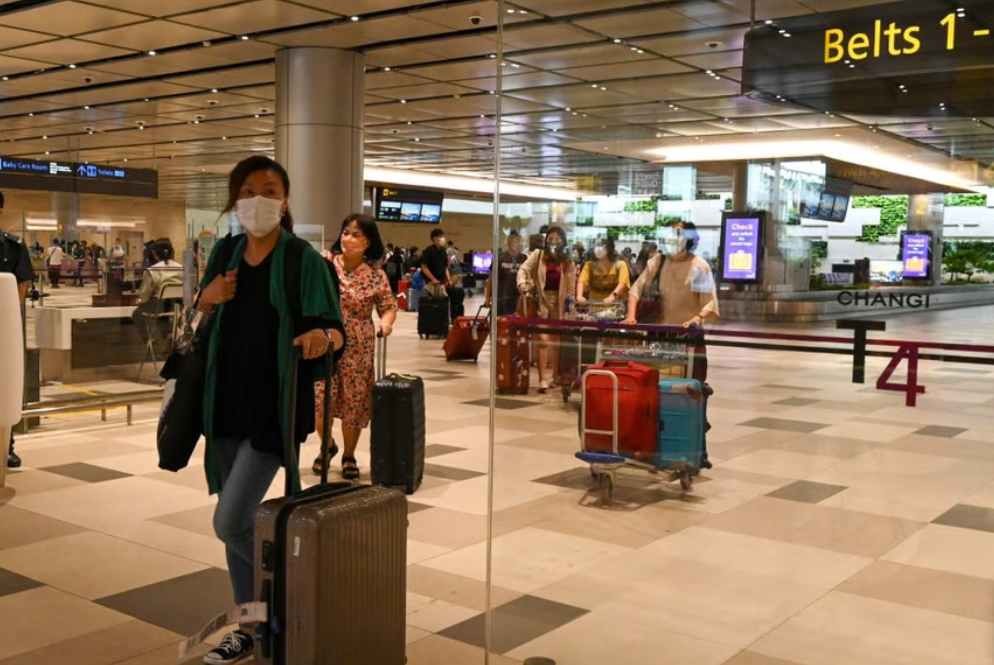The International Air Transport Association (IATA) has launched the Environmental Assessment for Airports and Ground Service Providers (IEnvA for Airports and GSPs) to build robust environmental management plans. The IEnvA for Airports and GSPs is an expansion of the successful IEnvA for airlines, with almost 50 participants.
Edmonton International Airport (YEG) is the first participant in the expanded IEnvA and will play a leadership role as the value chain aligns to ensure a sustainable future for air transport.
Sebastian Mikosz, IATA’s Senior Vice President for Environment and Sustainability, said: “IEnvA has a solid track record of improving the environmental performance of airlines. As the aviation industry is committed to improving sustainability, including achieving net zero carbon emissions by 2050, the expansion of IEnvA to airports and GSPs is critical. With Edmonton International Airport’s pioneering participation in the expanded program, we have a clear signal that the industry’s sustainability commitments are being actioned in a systematic results-oriented approach across the value chain,” s
IATA claims that the IEnvA is an Environmental Management System based on standards and best practices that were built in collaboration with airlines, airports, ground service providers, IATA, and sustainability experts.
Myron Keehn, VP, Air Service, Business Development, ESG and Stakeholder Relations, Edmonton International Airport, said: “This is a significant milestone for airports around the world, and we are proud to be a part of the movement towards a sustainable future for aviation. IATA’s Environmental Assessment Program has supported the sustainability narrative across the aviation industry, and we are excited to be the first airport involved in expanding this program as we continue to prioritize ESG, innovation and forward-thinking solutions to airport operations and strategic partnerships.”
Going ahead, IATA believes that IEnvA for Airports and GSPs will make use of tried-and-tested IEnvA oversight, governance, and quality control processes and will include the provision of standards and recommended practices, training access, readiness workshops, and external assessment.

